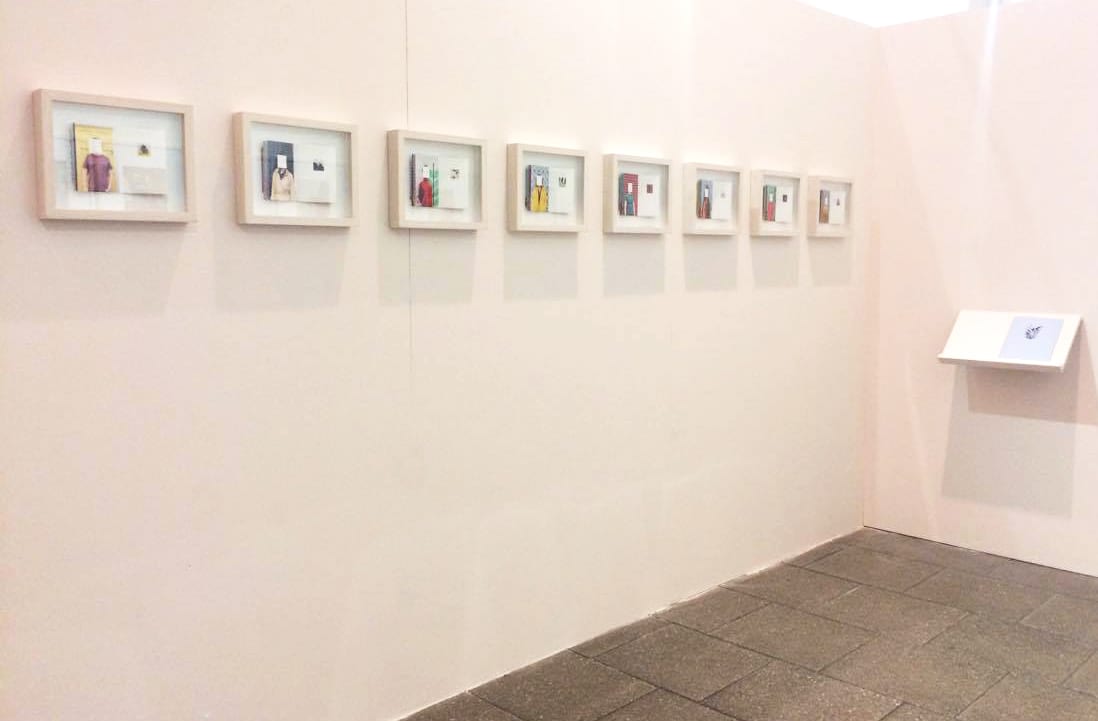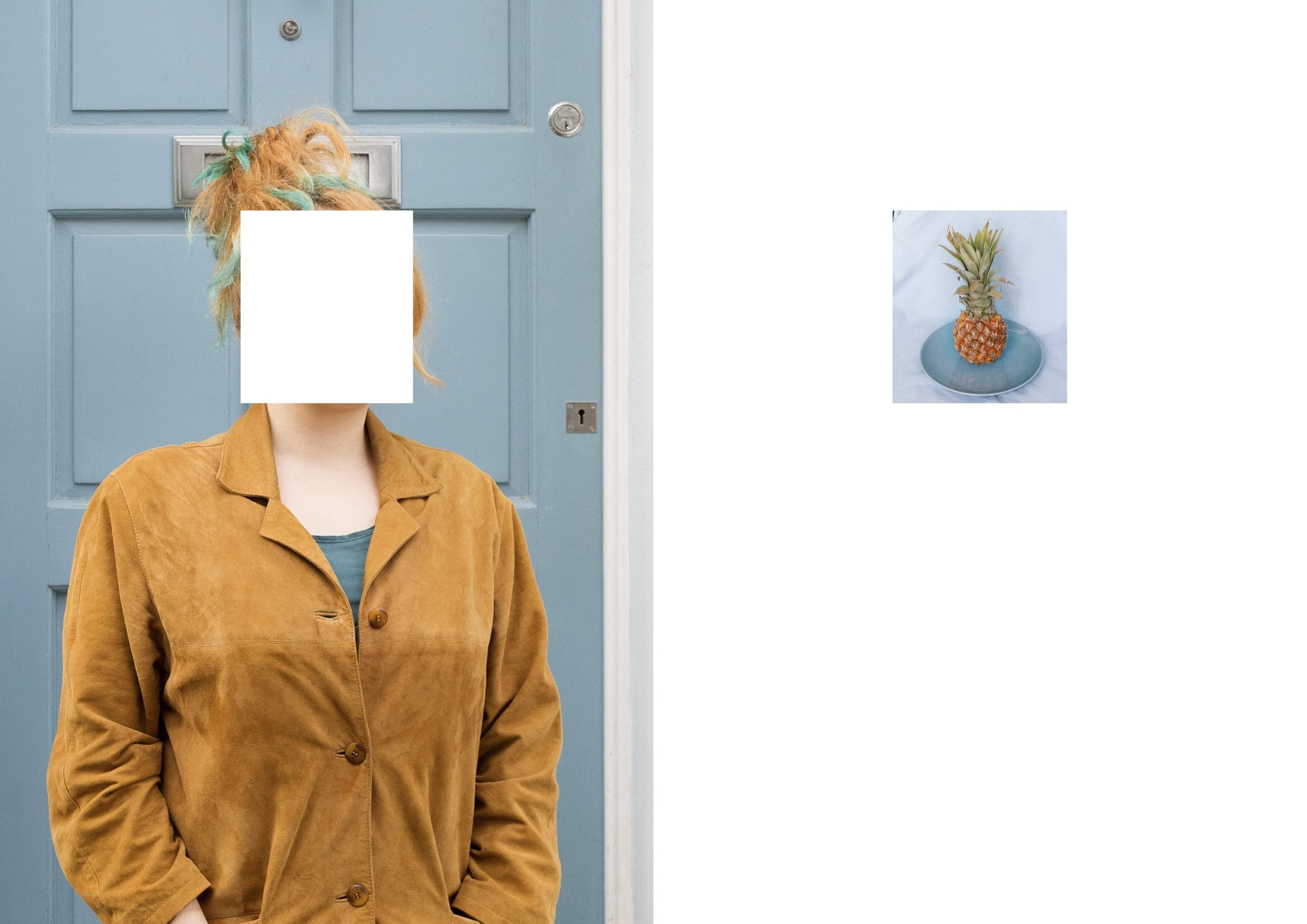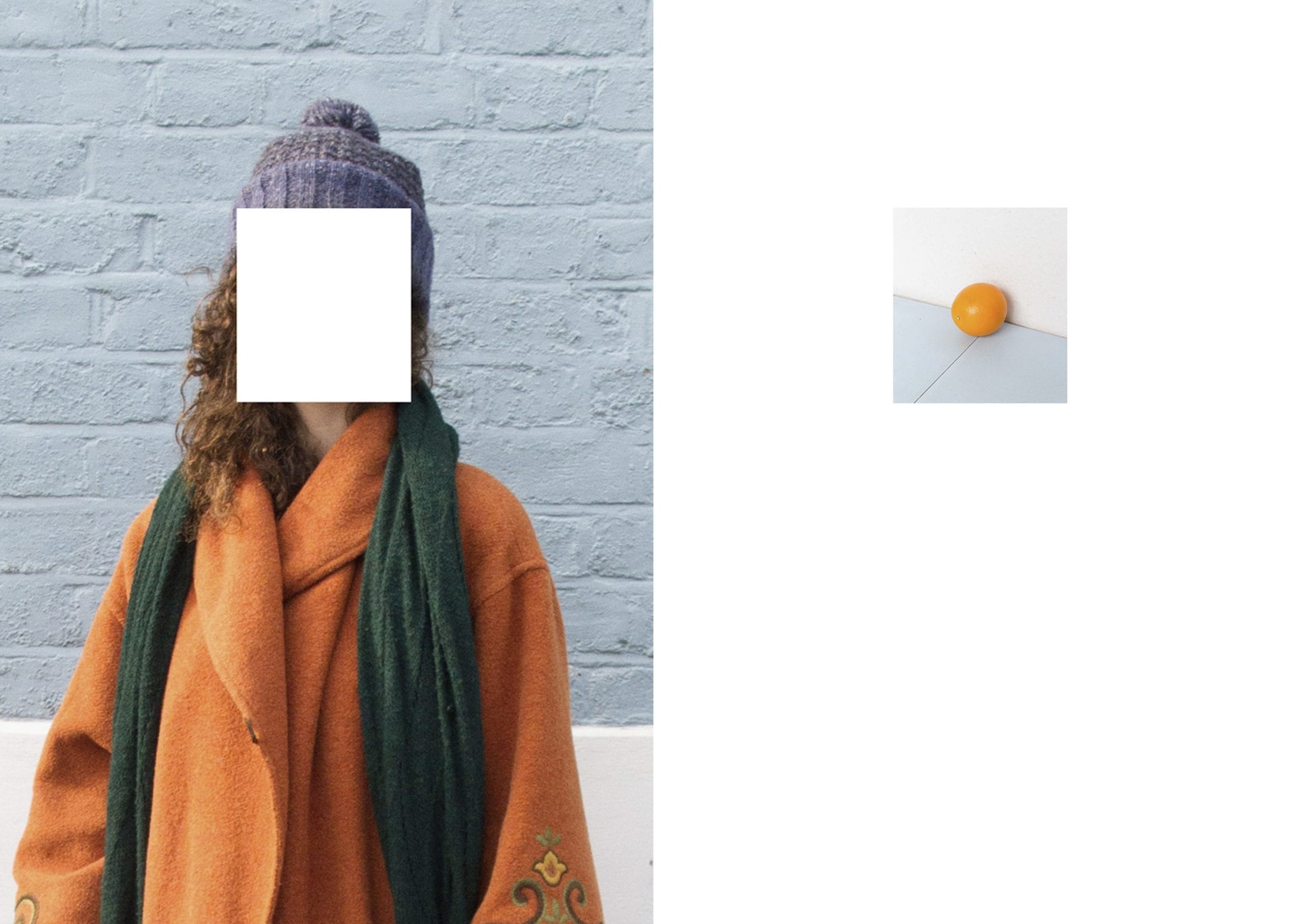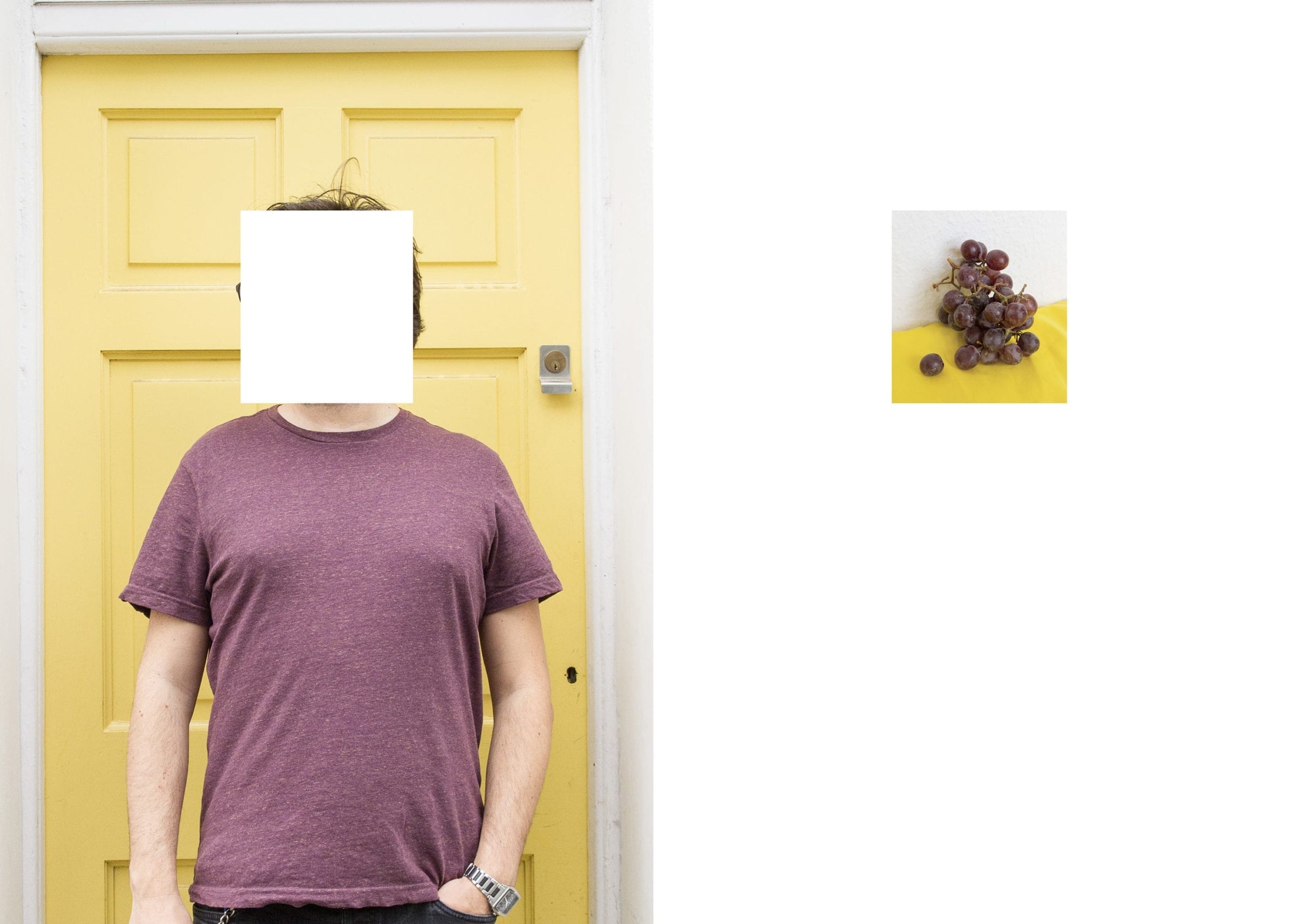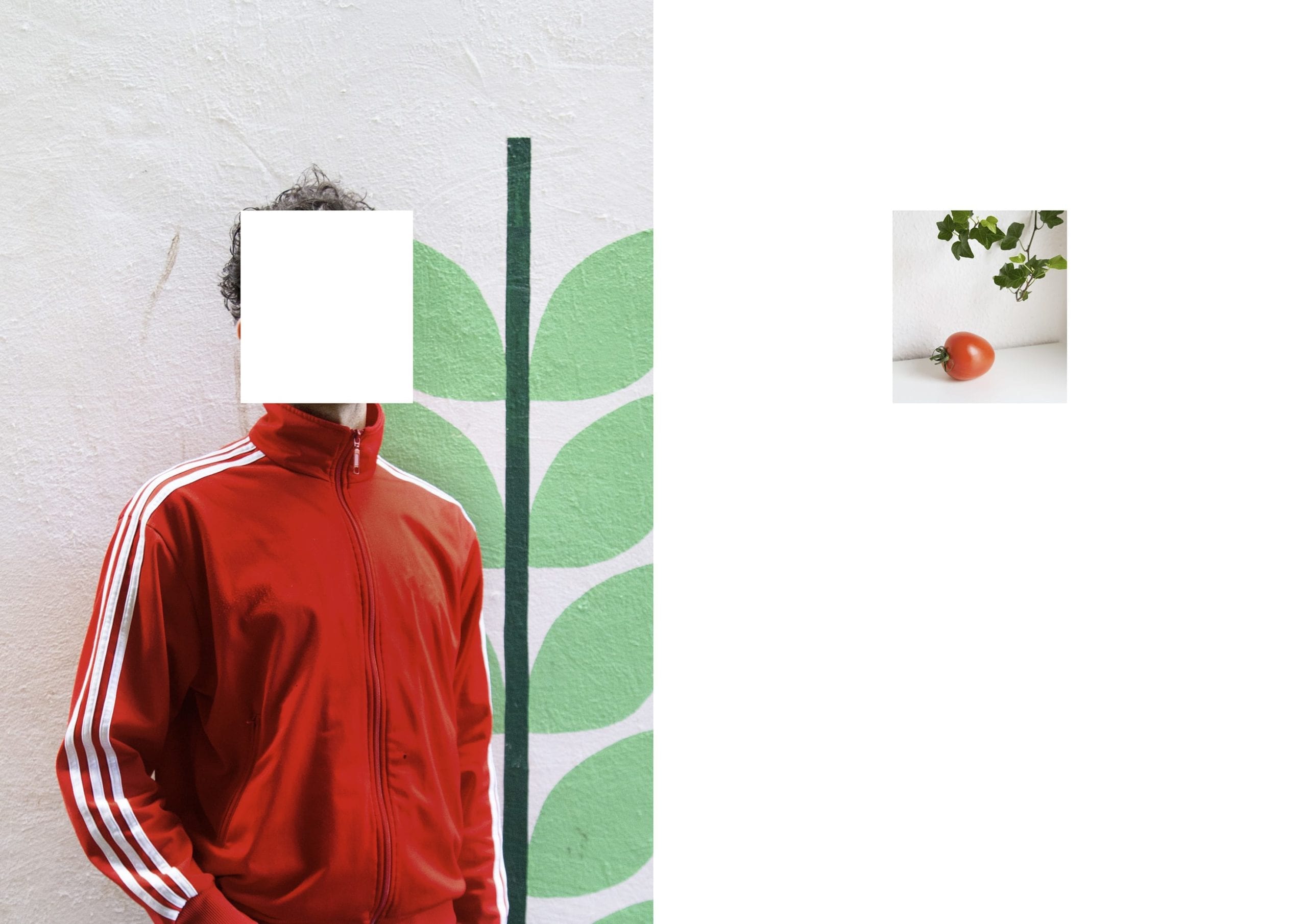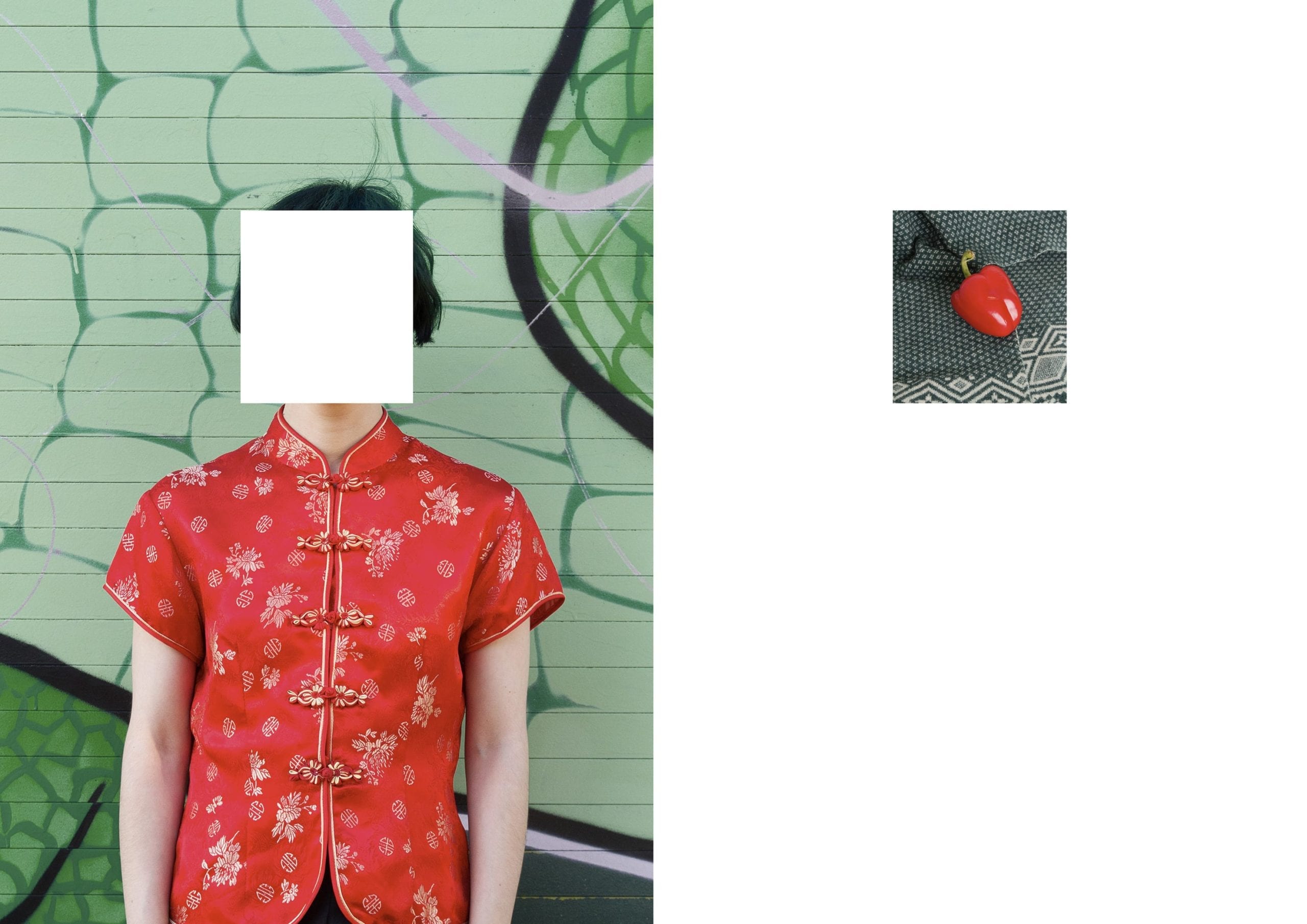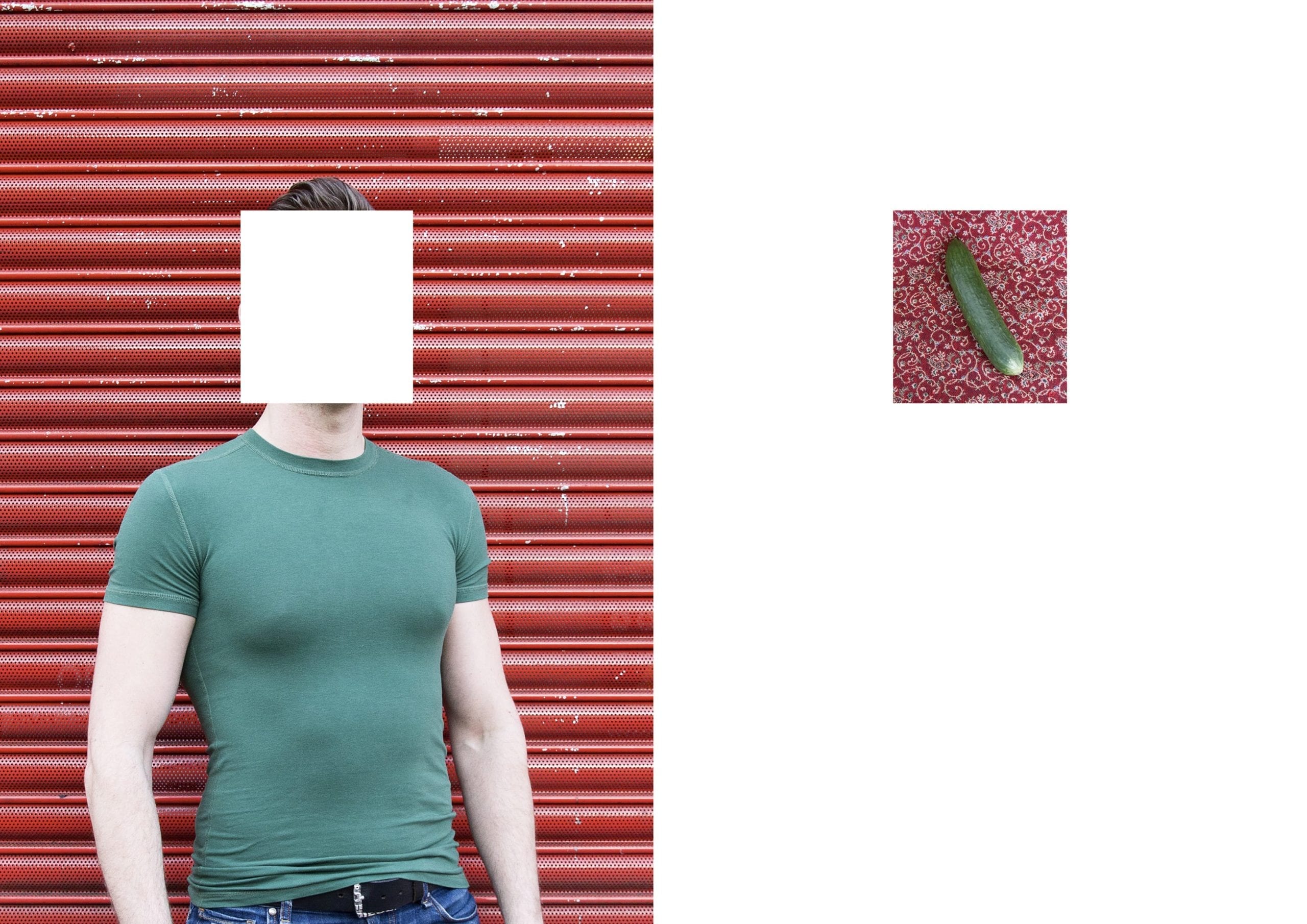Born in Naples, Italy in 1988, Lorenza Demata was raised in Florence and took her first degree in International Cooperation and Conflict Management in the city. She went on to study photography for three years at the Fondazione Studio Marangoni in Florence, graduating in 2016 and moving to London to study for an MA in Photography at the London College of Communication. She recently graduated from the LCC with a final project called It all started when some of us left the country, which compares the movements of people and food – linking the fact that approximately 40% of London’s population is made up of expatriates, and almost 50% of the total consumption of food resources relies on imported fruit and vegetables.
BJP: Your BA is in International Cooperation and Conflict Management, why did you switch to photography? Or do you feel you’re still working on similar issues?
Lorenza Demata: I have always been interested in social and political issues. When I started my first BA, almost ten years ago, I wanted to understand what was happening at a global level and why. The course I was enrolled in had a very particular approach – I learned to analyse facts through different methods and subjects, including conflict mediation, sociology, economics, anthropology, international rights and much more. I chose this approach because I wanted to see things more from a ‘bottom-up’ perspective than a ‘top-down’ one – I was interested in understanding things from the point of view of different cultures.
When I graduated, I felt I wanted to listen to my creative side, which was active even while I was attending the BA course. I like to think of my practice as a mix between the two different academic paths – on the one hand, the content of my work is usually related to social and political issues, on the other, I like to analyse these topics photographically through a documentary and conceptual approach, as I did in my MA final project.
BJP: Why did you want to study photography in the UK?
LD: I’ve moved to different places in the course of my life and I travelled a lot during my childhood, so I have always wanted to experience living experience abroad. My brother moved to the UK almost twenty years ago, so this place felt already a bit familiar when I decided to leave Florence. I chose to do an MA in Photography in London to enrich my research and cultural background, but also because I thought there are far more opportunities in the photography here than in Italy.
BJP: Had the Brexit vote already happened when you moved to the UK? How did it affect your feeling about coming to the UK to study?
LD: I applied for the MA a few months before the Brexit vote, but I decided to move to London anyway after it. It didn’t affect my feelings about studying here that much at the beginning. All in all I think London is a bit different to the rest of the UK, in terms of the cultural mix and mindset of the people. Even the university environment seems really open to mixing different cultures. But now that I want to continue my professional career and start a chapter of my life here, I notice a general feeling of uncertainty for people like me.
BJP: How did your International Cooperation and Conflict Management BA influence your view of the Brexit vote? It seems you’re unusually well-placed to think about the vote and what it meant.
LD: I think the first BA gave me the appropriate instruments to get a general understanding of these kind of events. In my opinion, Brexit could represent a part of a global tendency to turn away from multiculturalism and free movement. Personally, I think it’s a bit of a conceptual contradiction – it’s a closure towards the free movement of people, whereas a free movement of commodities is always encouraged at a global economic level. The conditions of displacement and commodification that I analyse in my final project get more evident in the Brexit process.
BJP: How did you hit on the idea of using fruit and vegetables as a metaphor for human movement?
LD: From the start of my MA I wanted to make a project about the experience of expatriates like me in London. Then I noticed that in supermarkets and off licenses, most of the food products come from elsewhere. I found it really interesting that this country imports almost half of its fruit and vegetables products from abroad, and at the same time nearly 50% of the London population is not British. By creating this visual analogy between fruit and vegetables and the portrayed subjects, I aim to reflect on the role of people and products from other countries, and to what extent UK relies on foreign human workforce and material commodities.
BJP: The text introducing your project references “the process of redefining individual identity that often takes place in the experience of expatriates”, could you say more about what you mean by that?
LD: I think our individual cultural identity is not something static – we continuously interact with others, and there are now so many different types of cultural input we come across every day. It is quite challenging to define a clear cultural identity, above all when we move from our place of origin to a different one. Our system of values gets ‘deterritorialised’ and we have to negotiate our pre-existing cultural background with new sets of values and inputs of varied nature. The process of defining our identity becomes continuous, and very interesting to analyse. I’d also call this complex process ‘cultural adaptation’. These key concepts come from globalisation studies and from authors such as [the sociologists] Stuart Hall and Anthony Giddens, who were central both in my first BA and in my research during the MA.
BJP: Why did you choose to conceal the faces of the people you photographed?
LD: The face is one of the main elements – maybe the most important one! – in defining a person’s identity. It is, I would say, indexical of the existence of the subject, and this is particularly evident in identity documents. I chose not to show the face to reflect on the concepts of displaced identity and of absence; the size of the white square also recalls the photos that are used for official documents. I think my aim is to underline how much we can get commodified when we are considered only human workforce, and how challenging it is to define ourselves culturally and individually. These concepts are further emphasised by the fact that the photographs of fruit and vegetables are the same size as the white square that covers the face. In the end, is the portrayed person JUST a fruit or vegetable?
BJP: Who were the people you photographed?
LD: They are all immigrants, who have come to the UK from different countries, and they are all people I live, study or work with.
BJP: How did you shoot the project?
LD: I researched the most-imported fruit and vegetables, and in most cases I let the subjects choose which one they wanted to be paired with. Most of the time it was a matter of ‘my favourite fruit is’ or ‘I feel like this particular fruit or vegetable’. To enhance the concept of distance, I didn’t want to pair them with a product from their country of origin. Then I went around my neighbourhood to find colourful backgrounds, and advised people which colour they had to wear. I paired the colour of the clothes with the background according to the complimentary colours theory, to enhance the analogy between the food product and the subject. Through the colours I want to create a sort of exoticism and to explore the concept of tropical. I also chose to use vibrant colours because they clash with a part of corporate photography, which is full of desaturated or dark tones.
BJP: What kit did you use? How long did the series take you to shoot?
LD: I used my digital camera both for the portraits and the still life photographs. It didn’t take long to take the photographs and to create the diptychs, partly because the models felt really comfortable – I guess because they knew the face would missing [in the final image] and they wouldn’t be recognised!
https://cargocollective.com/loridemata/Bio
